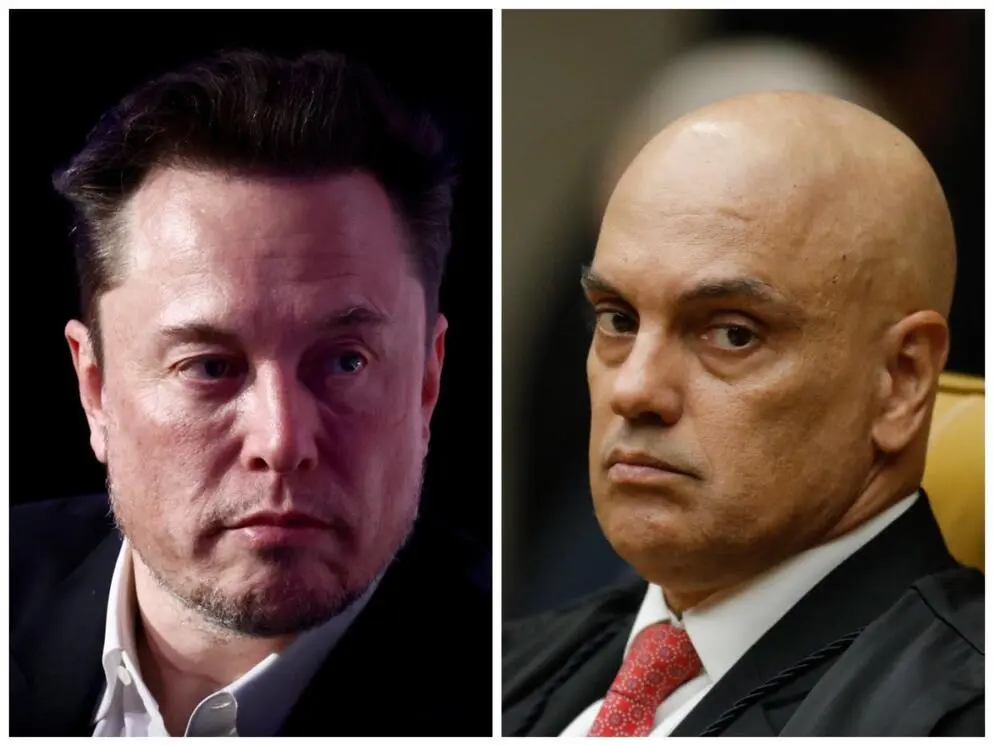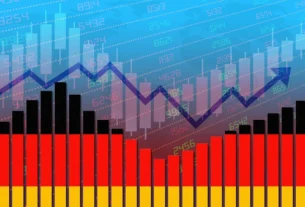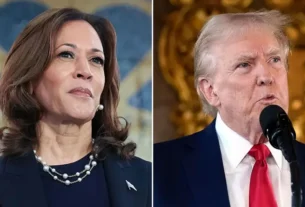Brasília, August 29, 2024 — Brazil’s government is teetering on the brink of an unprecedented move: blocking Elon Musk’s social media platform, X (formerly known as Twitter), across the nation. This drastic measure comes after a series of confrontations between Brazilian authorities and the tech mogul, with the dispute now reaching a critical point. The government’s threat underscores growing concerns over the platform’s role in spreading misinformation and its perceived failure to adhere to Brazilian laws, particularly in the context of the nation’s volatile political landscape.
A Brewing Conflict: The Backstory
The tension between Brazil and X did not emerge overnight. It has been building for months, fueled by the platform’s handling—or, as Brazilian officials would argue, mishandling—of politically sensitive content. As Brazil approaches a crucial election, the stakes have never been higher, and the government is increasingly anxious about the potential impact of social media on public opinion and electoral outcomes.
Authorities have repeatedly accused X of being a conduit for misinformation, allowing false narratives to proliferate unchecked. These concerns are not without precedent. In the past, social media platforms, including X, have been criticized for their role in disseminating fake news, which can sway elections, incite violence, and deepen social divisions. In Brazil, where political tensions are already high, the spread of disinformation poses a serious threat to democracy.
The tipping point in this escalating conflict occurred when X reportedly refused to comply with several government directives to remove content that Brazilian officials deemed harmful to public order and national security. These orders, which were issued under Brazil’s strict internet regulations, went largely ignored by the platform, exacerbating tensions between the government and X. The government views this defiance as a challenge to its sovereignty and its ability to regulate information within its borders.
Brazil’s Stand: A Warning from the Justice Minister
Justice Minister Flávio Dino, a key figure in the government’s push for stronger regulation of social media, announced on Wednesday that the country is seriously considering blocking access to X. Dino emphasized that the government would prefer to avoid such extreme measures, but it would not hesitate to act if the platform continues to flout Brazilian law.
“We are committed to protecting our democracy and the integrity of our electoral process,” Dino stated in a press conference. “If X continues to operate in a manner that undermines these principles, we will have no choice but to block the platform within Brazil.”
Dino’s warning is a stark reminder of the growing power struggle between governments and global tech companies. While social media platforms like X have become essential tools for communication and information-sharing, they also pose significant challenges for governments trying to balance free speech with the need to curb harmful content.
Elon Musk’s Response: A Battle of Principles
Elon Musk, the billionaire entrepreneur behind X, has never been one to back down from a fight—especially one that involves the principle of free speech. In response to the Brazilian government’s threats, Musk took to X to defend the platform’s approach, framing the conflict as a struggle over fundamental freedoms.
“We believe in the power of open dialogue and the free exchange of ideas,” Musk tweeted. “Censorship is a slippery slope, and any attempt to block X would be a step backward for freedom.”
Musk’s comments have sparked a heated debate. Supporters of Musk argue that the Brazilian government’s actions amount to censorship and that blocking X would set a dangerous precedent. They contend that platforms like X should remain open forums where ideas can be freely exchanged, even if that sometimes includes controversial or unpopular opinions.
However, critics of Musk’s stance argue that his commitment to free speech is selective and that he is overlooking the very real harm that can result from the spread of misinformation. They point out that X has a responsibility to prevent its platform from being used to undermine democratic processes or incite violence, and they accuse Musk of prioritizing profit over public safety.
The Stakes: What Blocking X Could Mean for Brazil
If Brazil follows through on its threat to block X, it would be one of the most significant actions taken by a government against a social media platform in recent history. The move could have far-reaching implications, both for Brazil and for the global debate over internet governance.
For millions of Brazilians, X is a vital tool for communication, activism, and information. Blocking the platform would disrupt these activities and could spark significant public outcry. It could also have economic repercussions, particularly for businesses and influencers who rely on X to reach their audiences.
Moreover, a ban on X could strain Brazil’s relationship with the global tech industry. Other social media platforms and tech companies would likely view the move as a sign that Brazil is willing to take drastic measures to enforce its laws, potentially leading to increased scrutiny and regulation of their operations in the country.
The international community is also watching closely. Brazil’s actions could inspire other governments to take similar steps against social media platforms that they see as undermining their authority. This could lead to a more fragmented internet, where access to platforms and information varies significantly from country to country.
What’s Next? Negotiations and Possible Outcomes
As the standoff between Brazil and X continues, both sides appear to be bracing for a protracted battle. The Brazilian government has indicated that it is open to negotiations, but it remains firm in its demands that X comply with local regulations. On the other hand, Musk has shown little inclination to back down, setting the stage for a potentially explosive confrontation.
Experts suggest that a compromise may be possible, but it would likely require significant concessions from both sides. For instance, X might agree to implement stricter content moderation practices in Brazil, perhaps creating a localized version of the platform that adheres to Brazilian laws. Alternatively, the Brazilian government could opt for a more targeted approach, such as imposing fines or other penalties on X for non-compliance, rather than an outright ban.
Whatever the outcome, the conflict between Brazil and X is likely to have lasting implications for the future of social media and internet governance. As more governments seek to assert control over the digital space, the balance between free speech and regulation will remain a contentious and evolving issue.
The Future of X in Brazil
The clash between Brazil and X represents a critical moment in the ongoing struggle over the regulation of digital platforms. As the situation unfolds, it will serve as a test case for how far governments are willing to go to enforce their laws and how tech companies will respond to such challenges. Whether Brazil ultimately blocks X or finds a way to coexist with the platform, the decisions made in this conflict will resonate far beyond Brazil’s borders, shaping the future of the internet for years to come.





